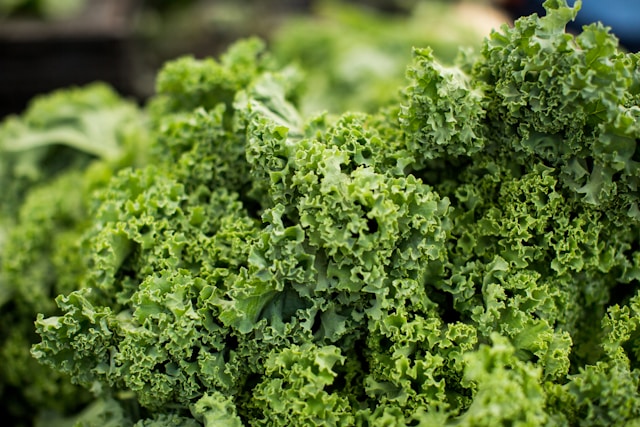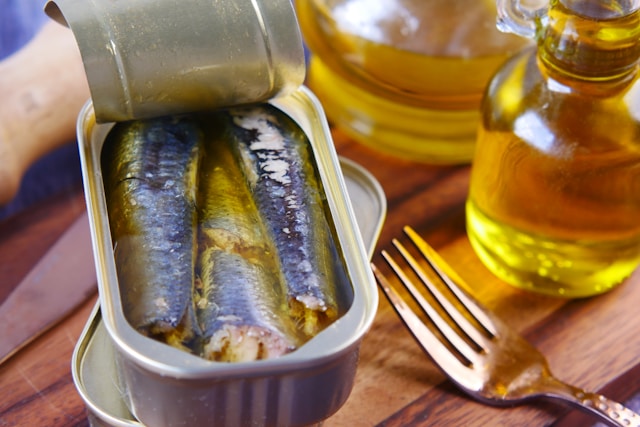Understanding How Stress Harms Your Skin: 4 Solutions to Combat Stress
March 01, 2019
You might know that stress is the biggest factor causing ill health. Almost all disorders are connected somehow to stress at least to a little extent. No wonder, effects of stress are seen on our skin too. So, no matter how regularly and keenly you take care of your skin, if you are stressed, your skin will look tired and wilted. Stress causes a spike in cortisol which messes up with messages that your nerves decide to send and this can cause anything from fine lines to an outbreak of hives. Earth’s Wisdom today wants to show you how your skin can react to physical and mental stress, and what you can do to manage the skin-damaging stress.
1. Inflammation Causes Irritation
Skin conditions like dermatitis, psoriasis, hives, rosacea and eczema are caused by inflammation. However, studies show that your skin’s protective abilities are compromised when your brain is on overdrive. In other words, stress makes it difficult for your skin to stay balanced and regulate. It’s natural to get a breakout after an extreme argument or during a sleepless week.
Even acne can be caused by stress. But it’s important to get a treatment for correctly diagnosed disorder as rosacea also looks like acne.
Solutions: The reason behind the stress should be identified and removed. But if that’s difficult, it should be tamed with right therapy (yoga and meditation), food (avoiding artificial sweeteners and eating more fruit, replacing margarine with olive oil and choosing fish over red meat) and workout.
2. Sun Stress Drains Skin Defenses
Sun is one of the biggest factors that stresses out your skin and exhausts its defenses, the main damaging component being the ultraviolet (UV) rays.
Whether the UV rays penetrate your skin in natural form or artificial form such as tanning beds, they can induce blood cells to hurry up towards the exposed area to try to repair it. This may show sunburns but the damage doesn’t end there. Ultraviolet radiation can further cause moles, darkened blemishes and even skin cancer.
Solutions: The best way to protect your skin from UV rays is to apply sunscreen every morning. Oil-free versions are available which are easy to use and carry around.
Natural oils too can form a film over the skin protecting it from sun damage. These include coconut, olive, lemongrass and tulsi.
Apart from this external protection, you can also protect it from within by taking in certain nutrients like limonene (extracted from the skin of citrus fruits). So, eating those fruits & especially their skin can benefit. Fruits rich in vitamin C and other antioxidants such as pomegranates and strawberries can also protect your cells from oxidative stress caused by sun exposure.
3. More Sensitive, Thinner Skin
When cortisol levels are abnormally increased, the skin may become more sensitive and thinner, because cortisol causes breakage of dermal proteins which can even may make your skin look paper-thin, and can tear and bruise easily. However, this is most markedly linked with Cushing syndrome, also known as hypercortisolism wherein other symptoms are seen too like weak muscles, glucose intolerance and weakened immunity.
Solutions: If you have Cushing syndrome, see your doctor. In majority of cases, medications for managing cortisol levels are prescribed.
4. Wrinkles and Fine Lines
Some people’s faces easily frown with stress. The frown lines become permanent over time. Even eye creases, smile lines and mid brow lines become permanent after repeated facial expressions.
Solutions: Face yoga is by far the best solution to avoid facial lines and wrinkles. It’s arguably safer than Botox. Another solution is pointed massage techniques that target facial muscles in high-tension areas like brows, forehead and jawline.
All in all, if you want your skin to look blemish-free, smooth, radiant and healthy, you should learn to manage physical as well as mental stress.
Conclusion
In conclusion, it is important to understand the negative effects of stress on our skin and take proactive measures to combat it. Stress can lead to various skin problems such as acne, wrinkles, and dryness, among others, which can negatively impact our self-confidence and overall well-being.
The four solutions outlined in this blog, including practicing self-care, adopting a healthy lifestyle, using skincare products designed for stress relief, and seeking professional help if necessary, are effective ways to combat stress and protect our skin.
It is also worth noting that stress management is not a one-size-fits-all approach, and what works for one person may not work for another. Therefore, it is crucial to experiment with different techniques and find what works best for you.
In addition to the solutions provided, it is important to remember that stress reduction is a lifelong journey. Incorporating stress-reducing practices into your daily routine can have a significant positive impact on your overall health and well-being, as well as the health and appearance of your skin.
By taking care of our skin, we are taking care of ourselves, and ultimately, leading happier and healthier lives.
Leave a comment
Comments will be approved before showing up.
Also in Wisdom News

The Importance of Vitamin K2: Unlocking its Role in Health and Wellness
September 22, 2024

The Importance of Omega-3 Fatty Acids: A Comprehensive Review of Their Effects on the Body
August 02, 2024

The Benefits of Mindfulness Meditation for Mental Health
July 12, 2024
Disclaimer: These statements have not been evaluated by the FDA. These products are not intended to diagnose, treat, cure or prevent any disease.
© 2025 Earth's Wisdom®. All Rights Reserved.




